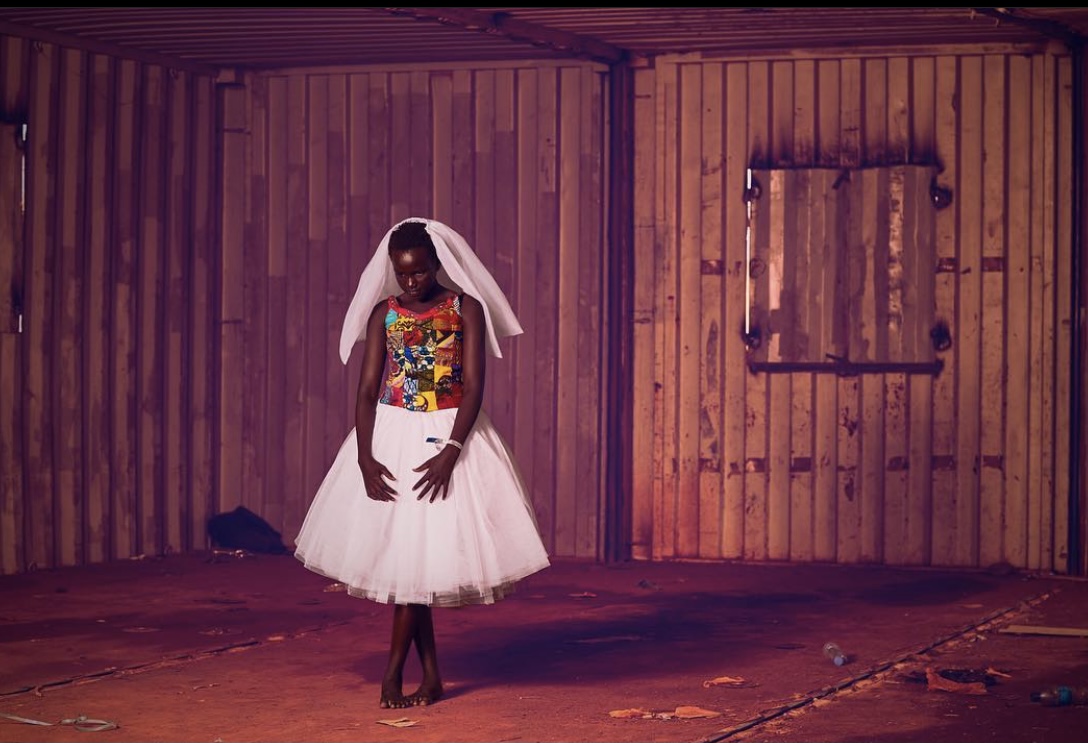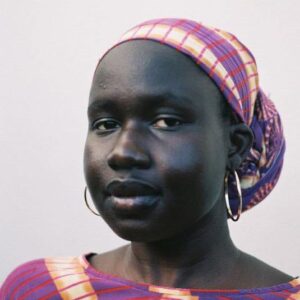Adultification bias is a social prejudice where children get treated, perceived, and held to a standard of being more mature than they are, either within a cultural group or society at large. Being a child is an existence determined by biology. Yet, childhood is an experience historically shaped by the adult(s) and culture, family, and society in which the child is raised.
Factors such as; puberty, class, race, patriarchy, preconceived notions of when a child is supposed to mature, societal norms, and cultural/religious practices that represent “coming of age” are some of the processes of socialization in which children are adultified and expected to function at a more mature developmental stage. This socialization is, in turn, an erasure of childhood. Assignment of adulthood or adult-like characteristics and expectations on children is stripping of childhood freedoms when childhood is interchangeably associated with innocence and the early developmental years of learning that safeguard the expectations of adulthood.
In this writing, I will explore the adultification of young South Sudanese girls or the girl-child in the context of patriarchy, displacement, culture, and customary law within South Sudan and South Sudanese diaspora communities. Though South Sudanese people are not a monolith and childhood experiences, adulthood and womanhood vary within different ethnic groups, generations, and locations of displaced communities. It’s important to acknowledge a prevalent patriarchal system maintained by strict gender roles dominant across all South Sudanese cultures. The girl-child occupies a unique space of disempowerment within these gender roles. An area that blurs childhood and womanhood at the convenience of family/societal structures, expectations, customary law, and situational necessities.
For example, a young girl who is the firstborn or only girl in the family is typically expected to help raise her younger siblings and take on domestic duties that otherwise wouldn’t be expected of her brothers or male relatives of the same age or, in many cases, older than her. This is widely accepted in South Sudanese households because from a young age, and most South Sudanese girls are groomed for marriage due to the expectation and belief that girls must one day grow up to raise children of their own, while boys aren’t subject to the same expectation, therefore are still afforded the freedoms of childhood. This adultification of a girl child’s body is a form of age compression that renders girlhood interchangeable with womanhood through a widespread misogynist expectation that a woman’s sole contributing factor within a society is marriage and childbearing.
There are more than 50 customary laws within South Sudan, all of which hold an underlying structure of polygamy and the bride price system. Customary law allows a man to take as many wives as he wants, and bride price is considered the property of the extended family and not of the wife. The bride price system is one of the few traditional practices which still manages to have a stronghold among most, if not all, South Sudanese ethnic groups to some degree in the present time. It continues to thrive because it’s a transactional exchange that upholds traditional patriarchal values. By compensating a family for the labor of raising their daughter, a society commodifies a woman’s existence. In customary law, the “coming of age” for a girl is marriage, and it’s revered as the single most important thing she can do in her life, for her family and self.
When womanhood is interlocked with marriage, and bodies are commodified for bride price, resource, livestock, and family compensation within a context of patriarchy and customary law. It’s not hard to distinguish how this has detrimental effects on girlhood in economically and resource-deprived countries like South Sudan and even among diaspora communities that replicate this same system. Before a woman is married, she’s a girl; no other deciding factor distinguishes the two. All it takes to subject a girl child’s body to the expectations of a woman is marriage, leaving a wide gap for inhumane practices that adultify children. In South Sudan, 52% of girls are married before 18, depriving them of their fundamental human rights.
Another essential aspect of adultification is the sexualization of young girls’ bodies. A culturally held expectation that womanhood is indistinguishable from childbearing also allows the subconscious perverted belief that young girls’ bodies should be held to the same standard. It’s adultification that normalizes the grooming of young South Sudanese girls, continuously reminded that they must get married one day and are culturally groomed to cater to a husband. It exposes children to disproportionate violent disciplinary actions to shame their bodies.
Teaching young girls to cover up because there are men around, normalized fatphobic comments towards children, especially by older South Sudanese women, and comparing children’s bodies, especially in the stages of puberty, are just a few of the ways this violence is perpetrated. The responsibility and blame fall on the girl to not let herself become victim to adults’ predatory behaviors and views. It stultifies their bodies in a perverted way that justifies any harm done to them, which in turn fuels rape culture and objectification of women’s bodies as a whole.
In conclusion, adultification is a form of dehumanization, robbing young South Sudanese girls of what makes childhood distinct from adulthood. It’s a forever fluctuating system of oppression adults use to control children’s bodies at their convenience. Young South Sudanese girls not being afforded the privileges of childhood to learn, make mistakes, explore individuality, and grow is, at the core, the biggest flaw of our society as a whole. It takes more than just empowering the girl child to get an education; as a people, we must collectively analyze how we’ve accepted and internalized the adultification of young girls and the drastic effects it’s having on our society to address the issue truly.


